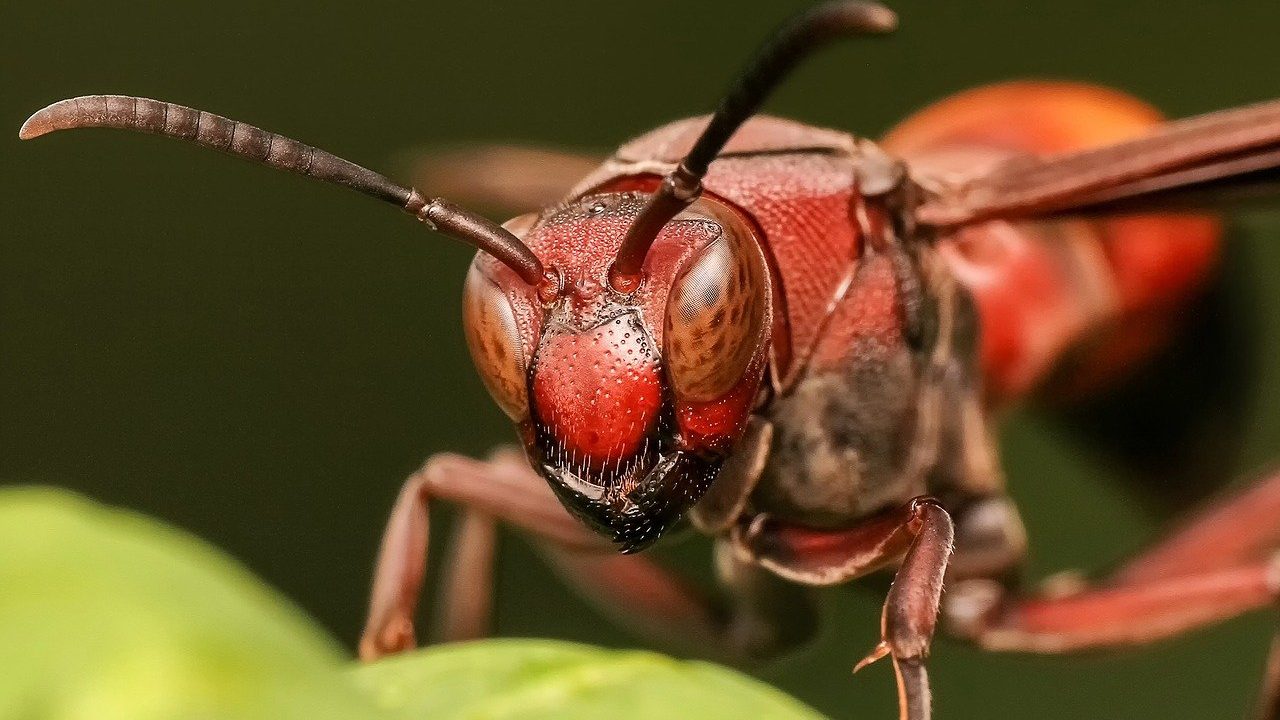

Scientists have developed a method to measure the rate of soil erosion and associated decrease in organic content in soil by assessing levels of radioactive cesium in soil. This method can help in monitoring the effects of soil erosion and the effectiveness of soil conservation strategies.
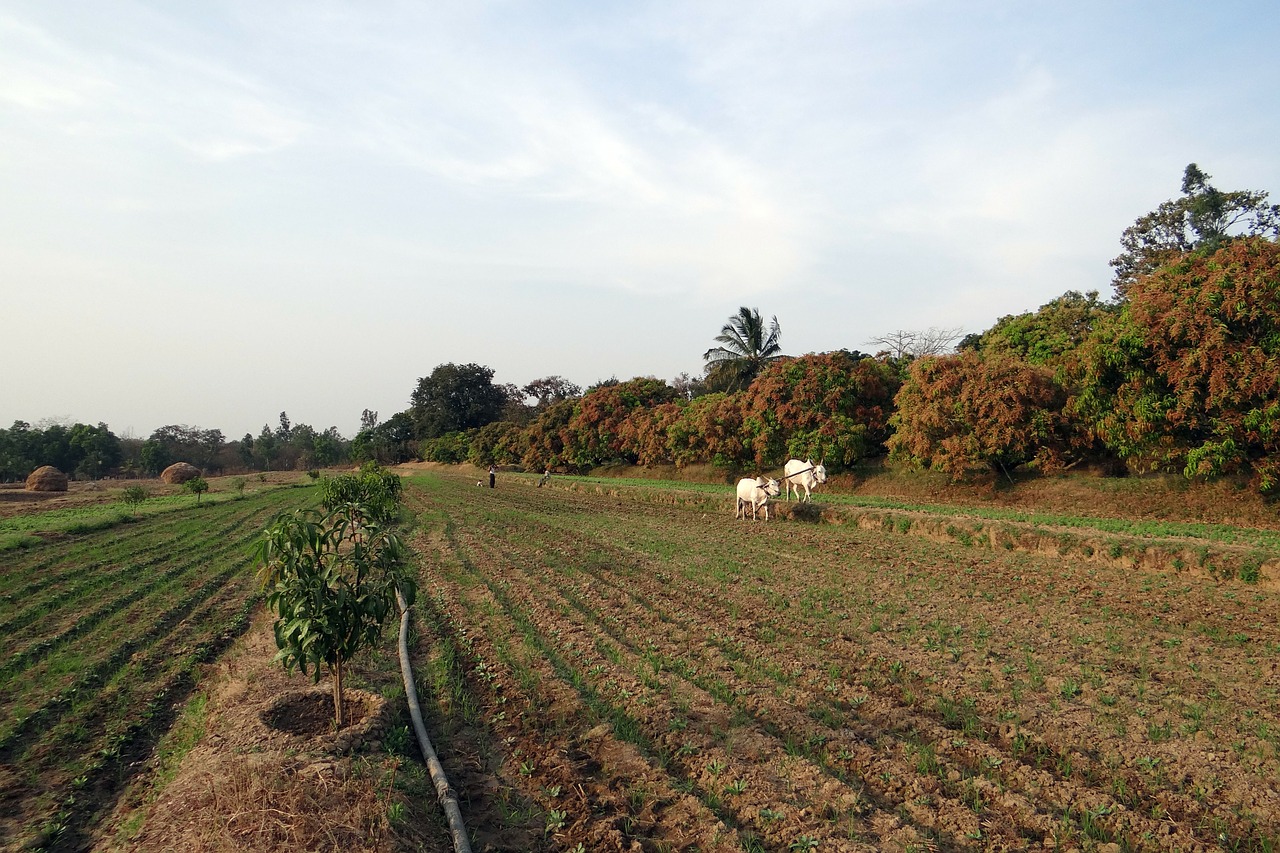
A new study has found that farmers in north India can not only help reduce air pollution but also improve the productivity of their soil and earn more profits if they stop burning their crop residue and instead adopted the concept of no-till farming
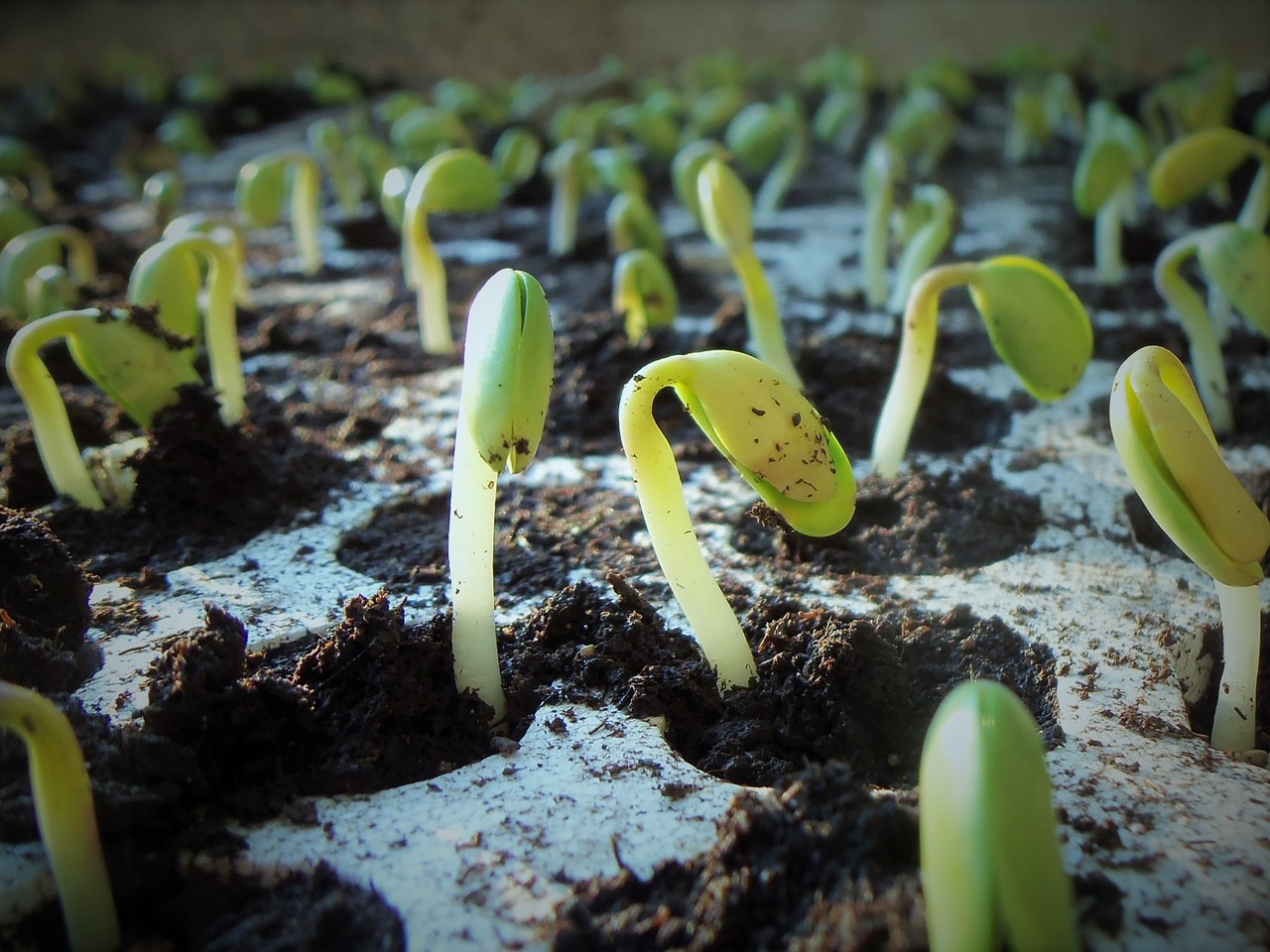
The productivity of soybean, an important oilseed crop, is severely affected due to droughts. A team of Indian scientists has now identified genotypes of soybean that can tolerate drought better without comprising on yields
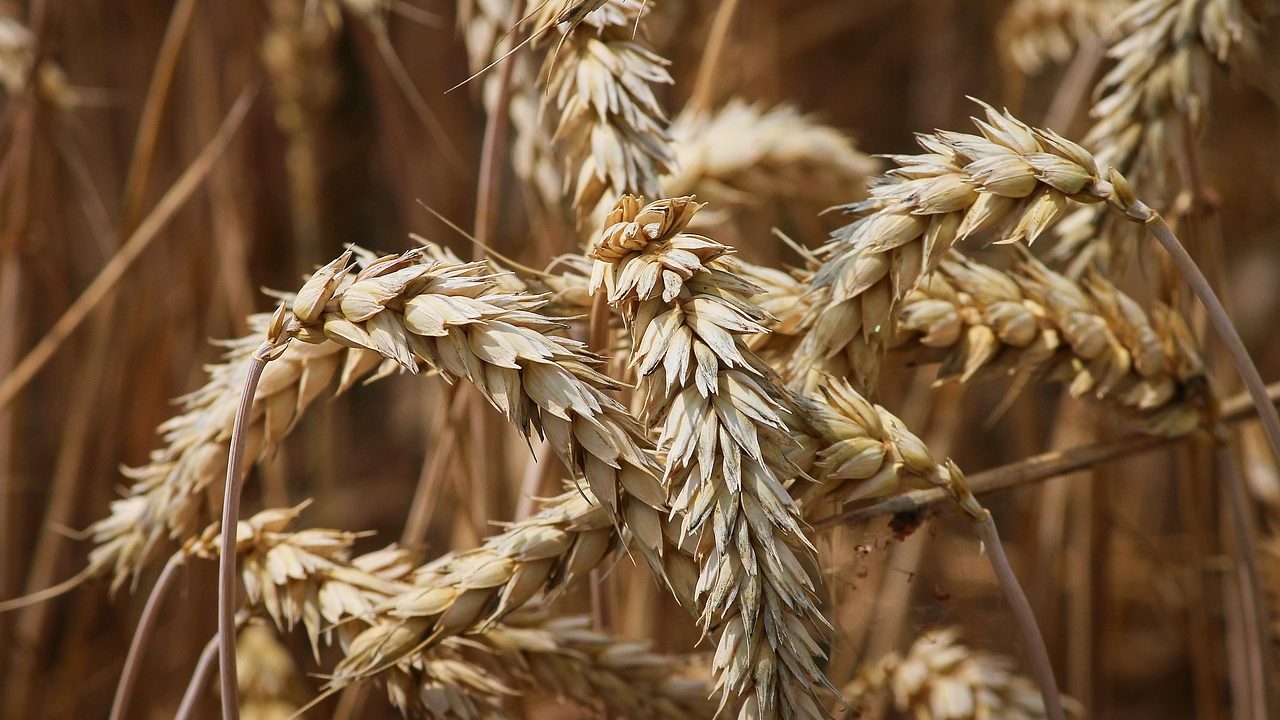

The traditional way of producing meat by slaughtering animals may be a matter of past in a few years as Indian scientists begin work on ‘cultured meat’ - meat made by cells extracted from animals

Four young scientists selected in the national level competition - Augmenting Writing Skills for Articulating Research - will be awarded on the occasion of National Science Day on 28th February
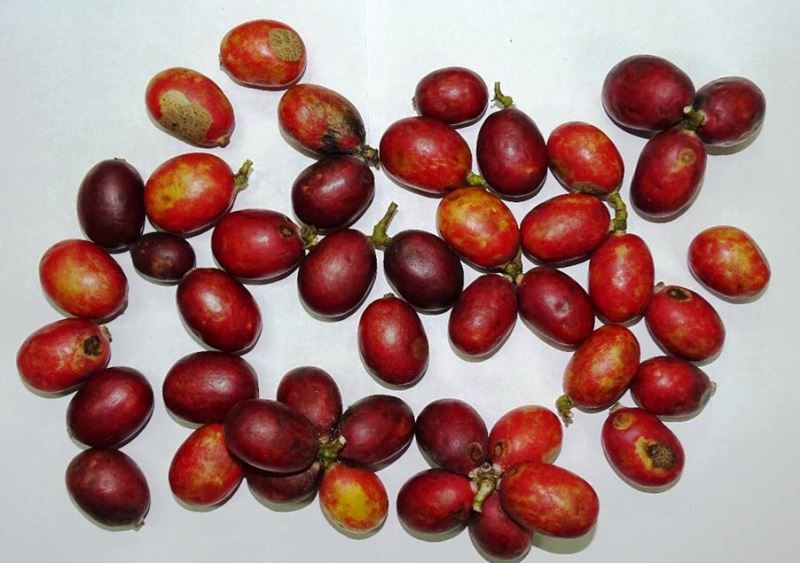
Blood fruit is a woody climber and it is very popular among tribes in the Northeastern states, Andaman and Nicobar Islands and Bangladesh. The fruit is not only tasty and rich in anti-oxidant but is also a good source of dye for the local handicraft industry. Now researchers have developed a standard nursery protocol for its propagation.
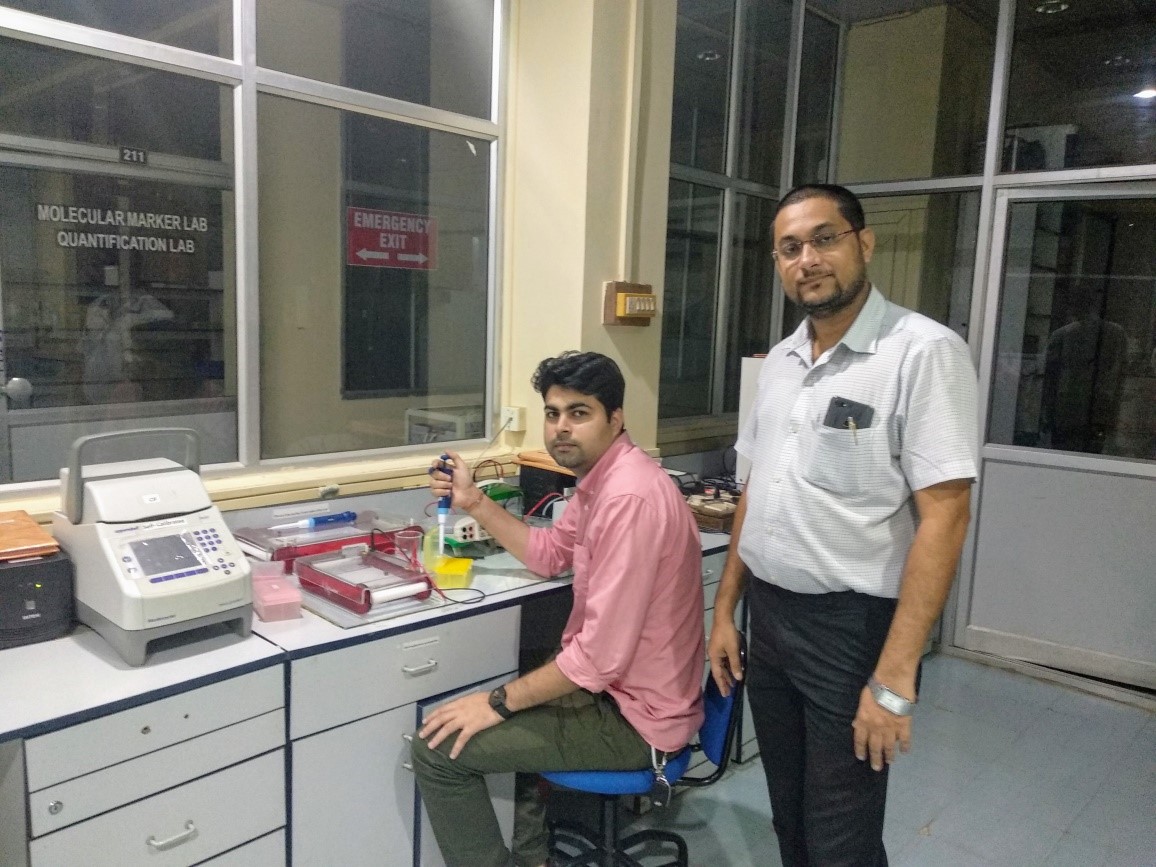
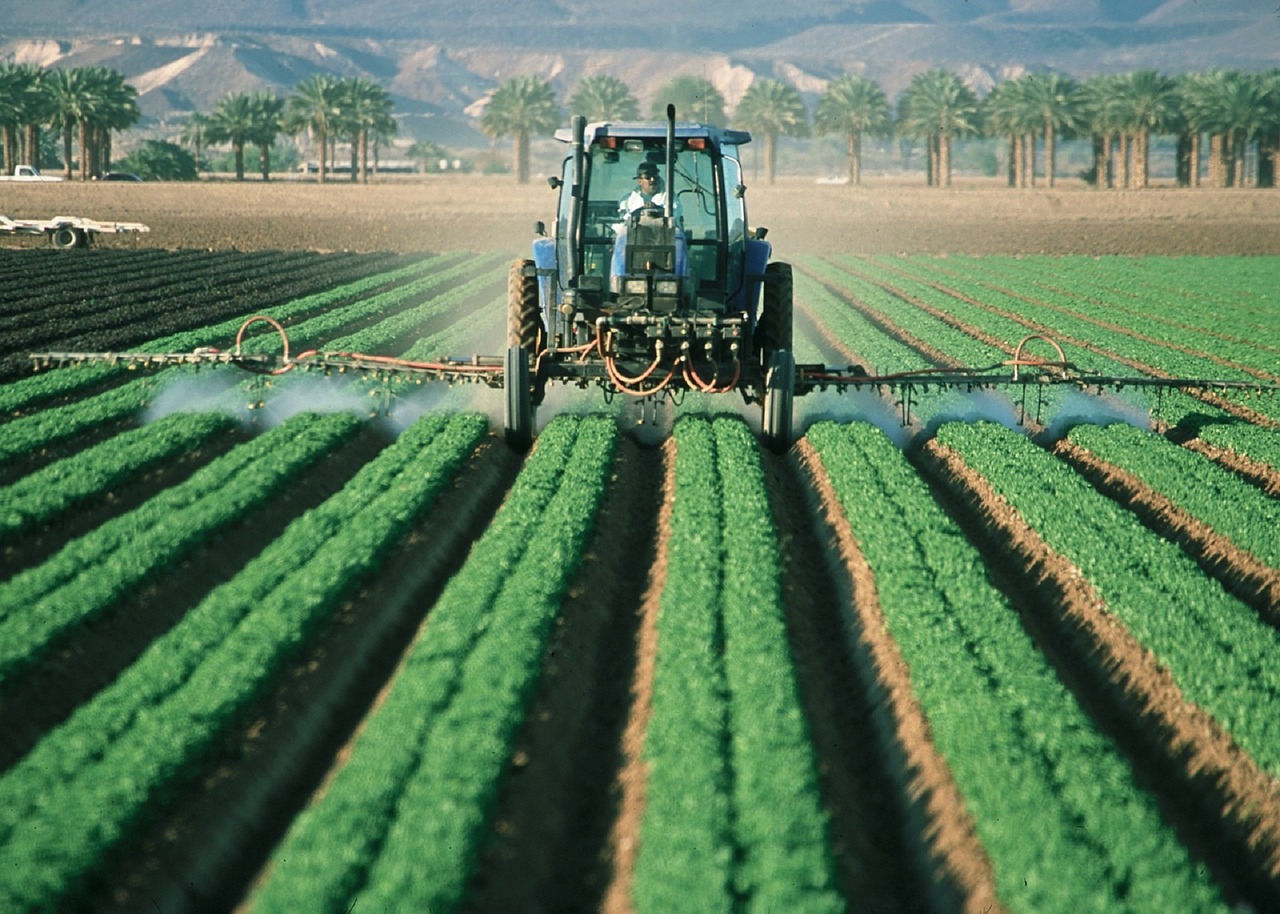
A team of researchers has developed an ultrasonic sensor-based automatic spraying system that promises to cut down on the use of pesticides in orchards
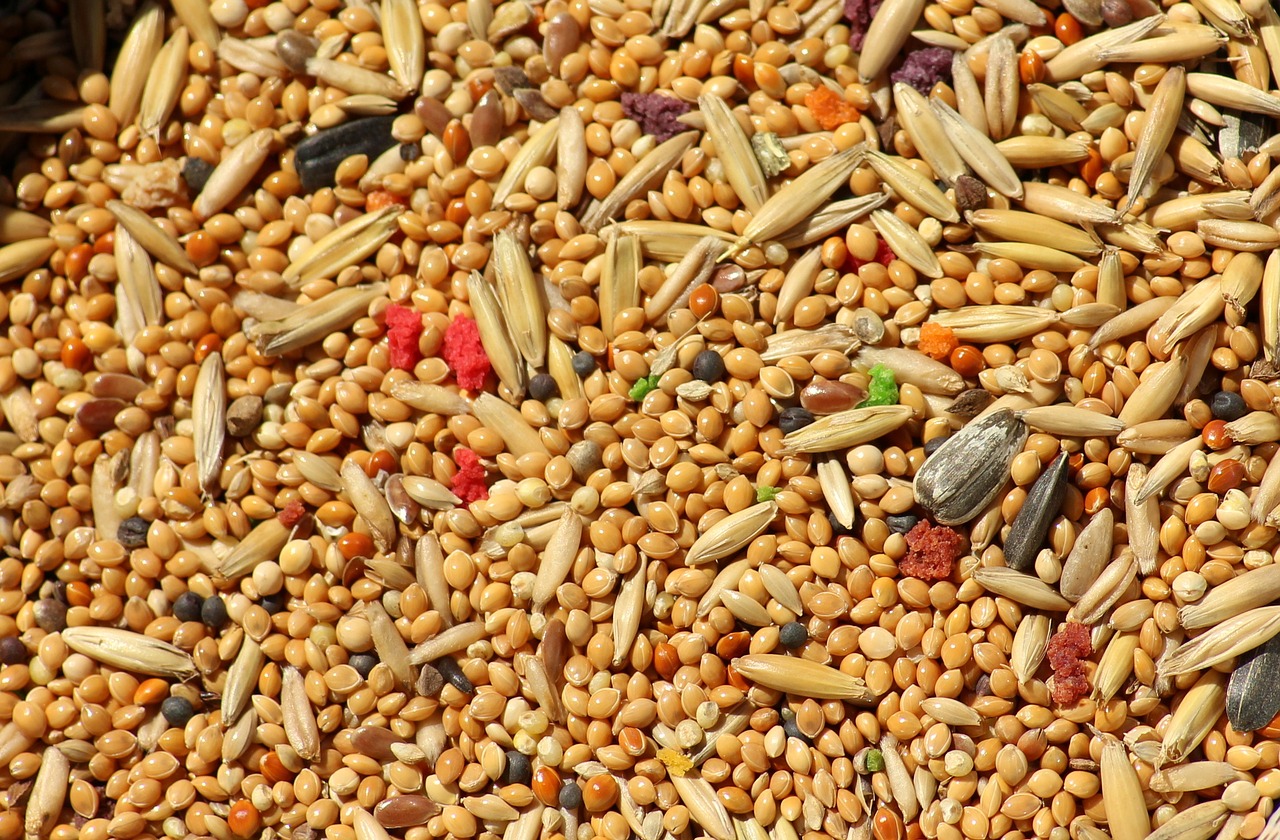
Pasta made from pearl millet or bajra may be a healthier alternative to wheat pasta, suggests a new study. Results of the study, published in journal Current Science, also show that pasta made from millet and Wheat-millet combination was healthier than pasta made only from wheat.
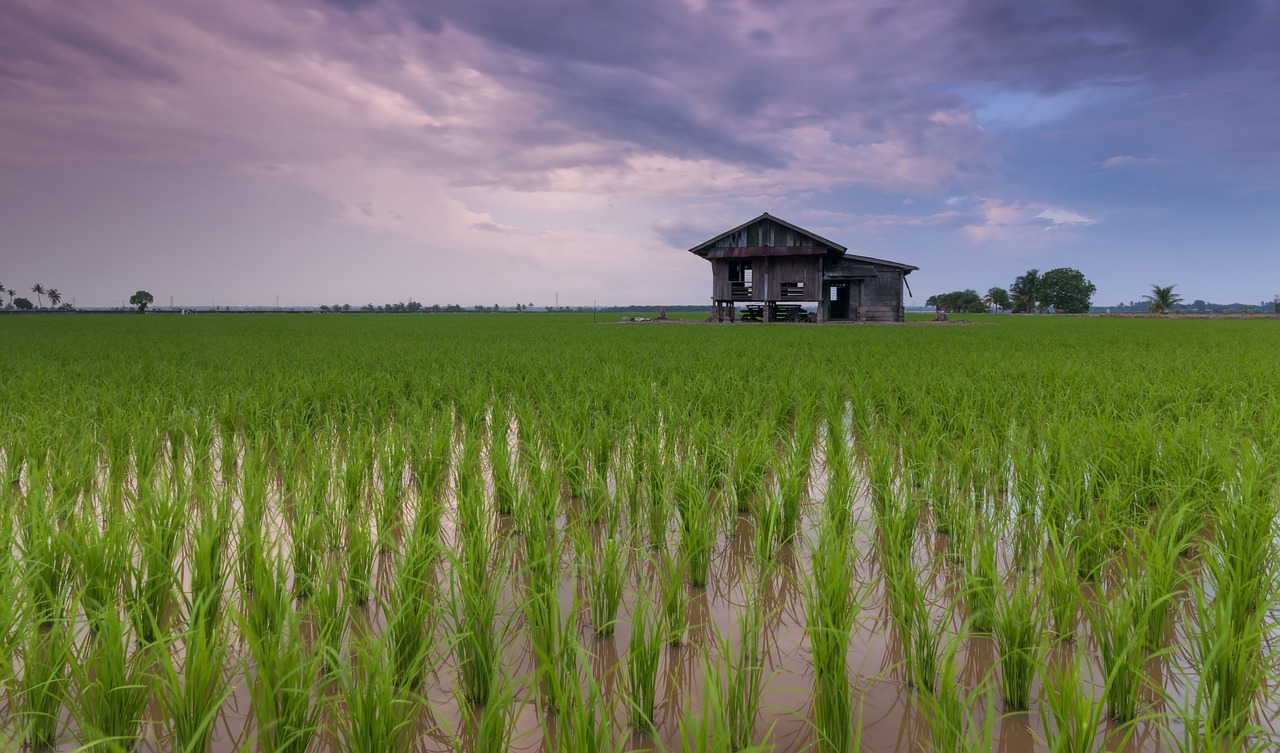
Excessive use of nitrogen, phosphate and potassium-based fertilizers is causing environmental contamination and abuse of fertilizer subsidies. Now Indian scientists have identified rice cultivars that are efficient in nitrogen use
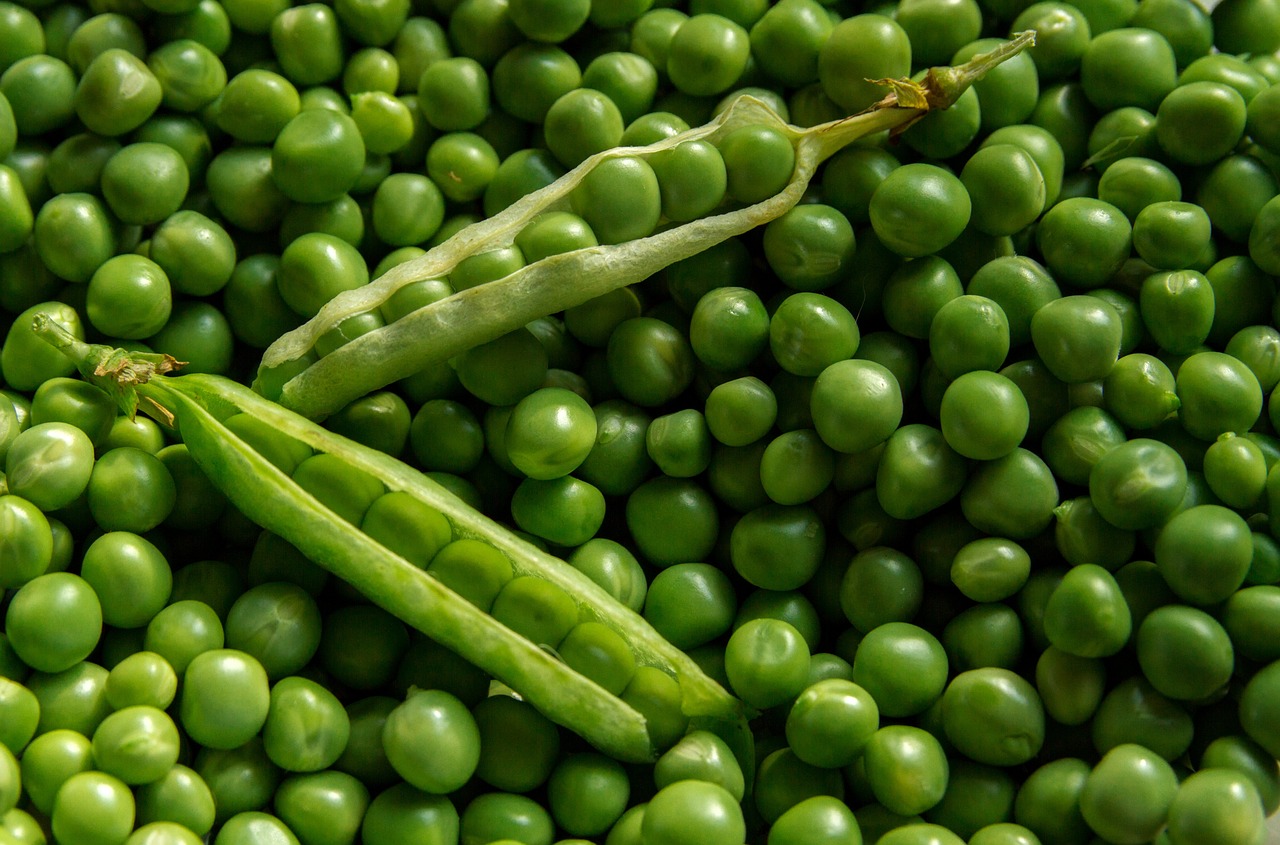
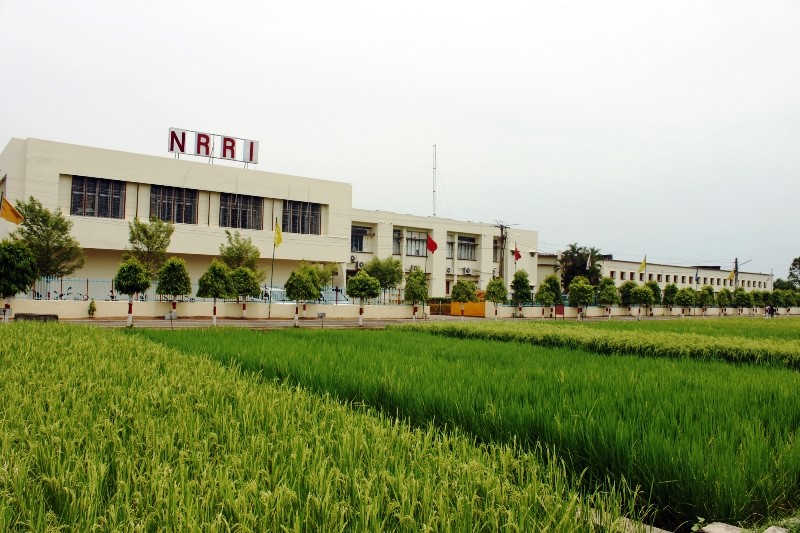
Soil supports life on earth and is a dynamic living system. The microorganisms living in it are part of nutrient recycling especially carbon, nitrogen, sulfur, and phosphorus.
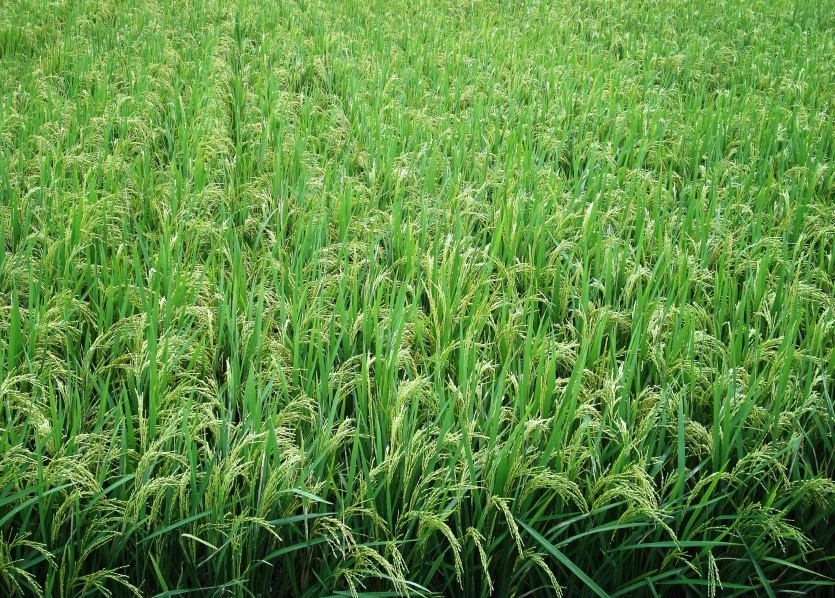
Researchers at the Hyderabad-based Indian Institute of Rice Research have developed a new variety of the popular Improved Samba Mahsuri (ISM) rice that can resist bacterial blight disease.
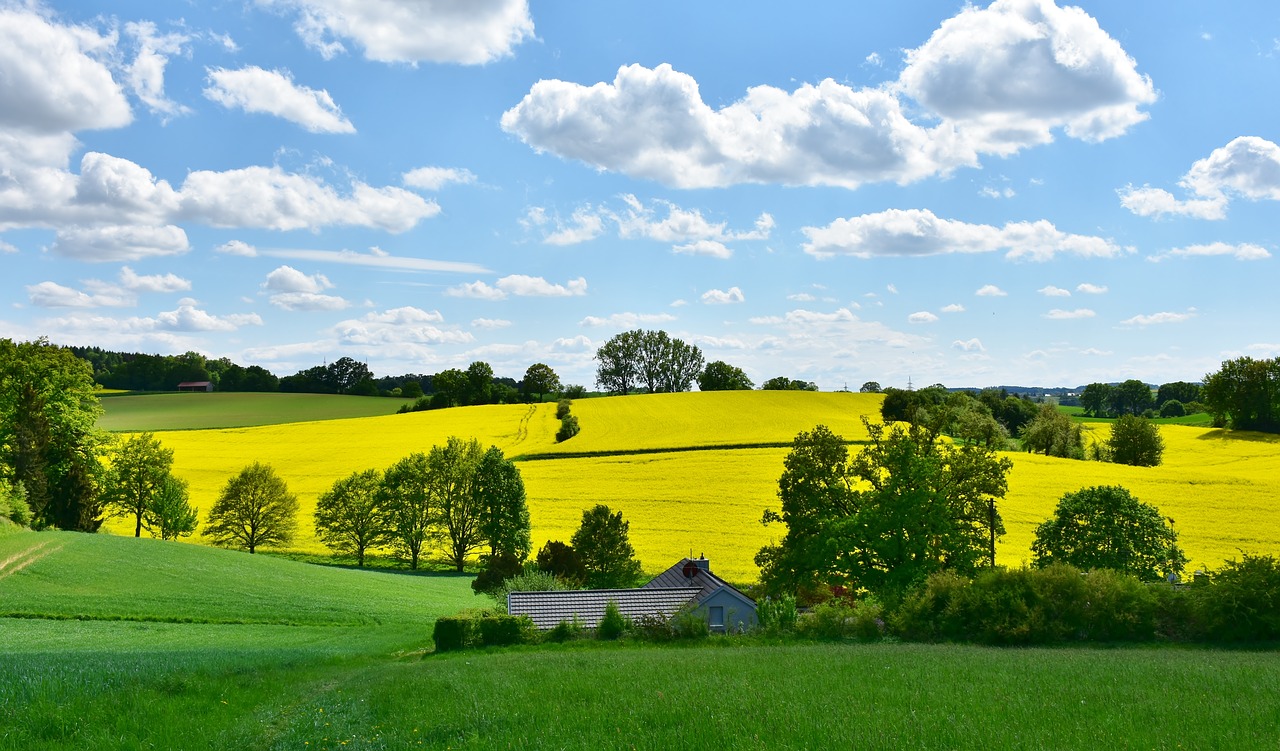
The Ministry of Earth Sciences (MoES) is all set to increase the number of farmers getting agro-meteorological advisory to 40 million from the current level of 24 million by next month.
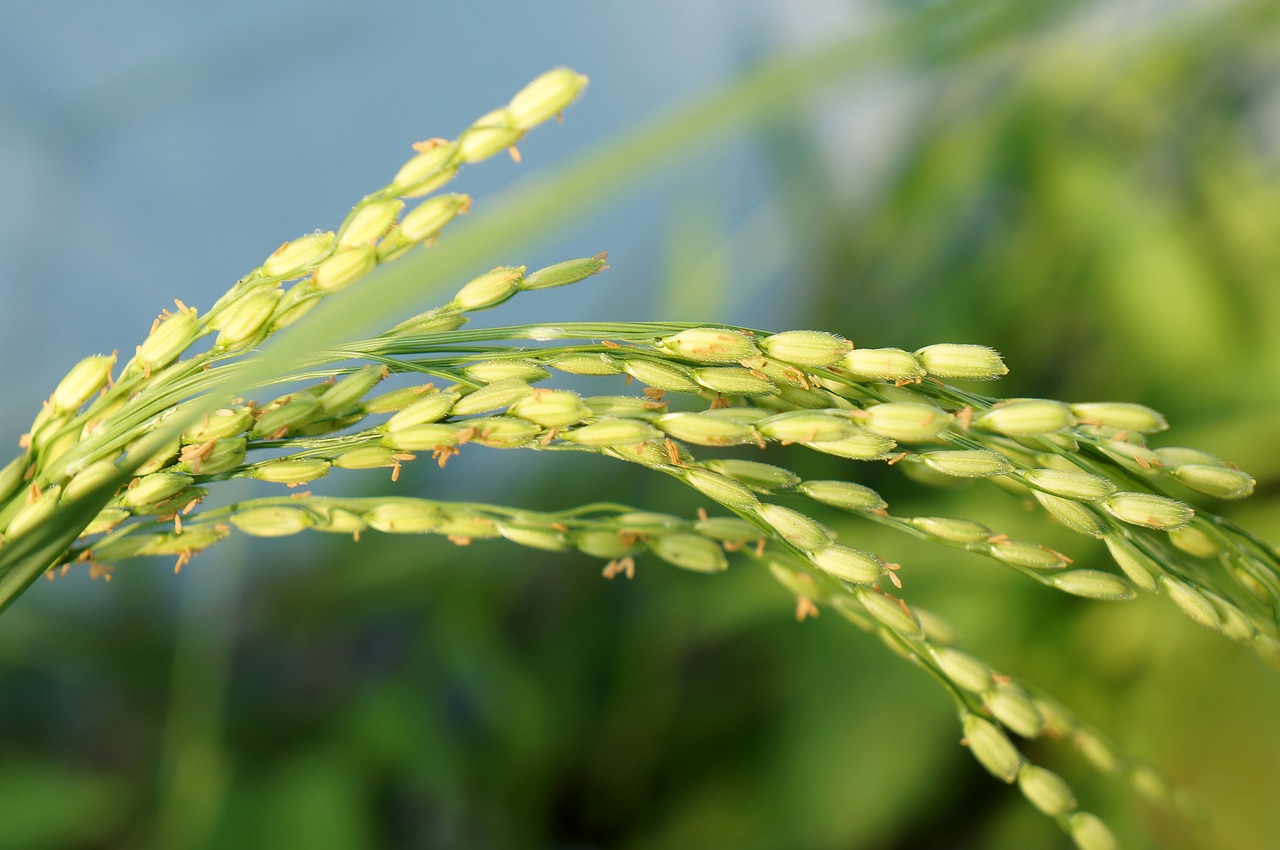
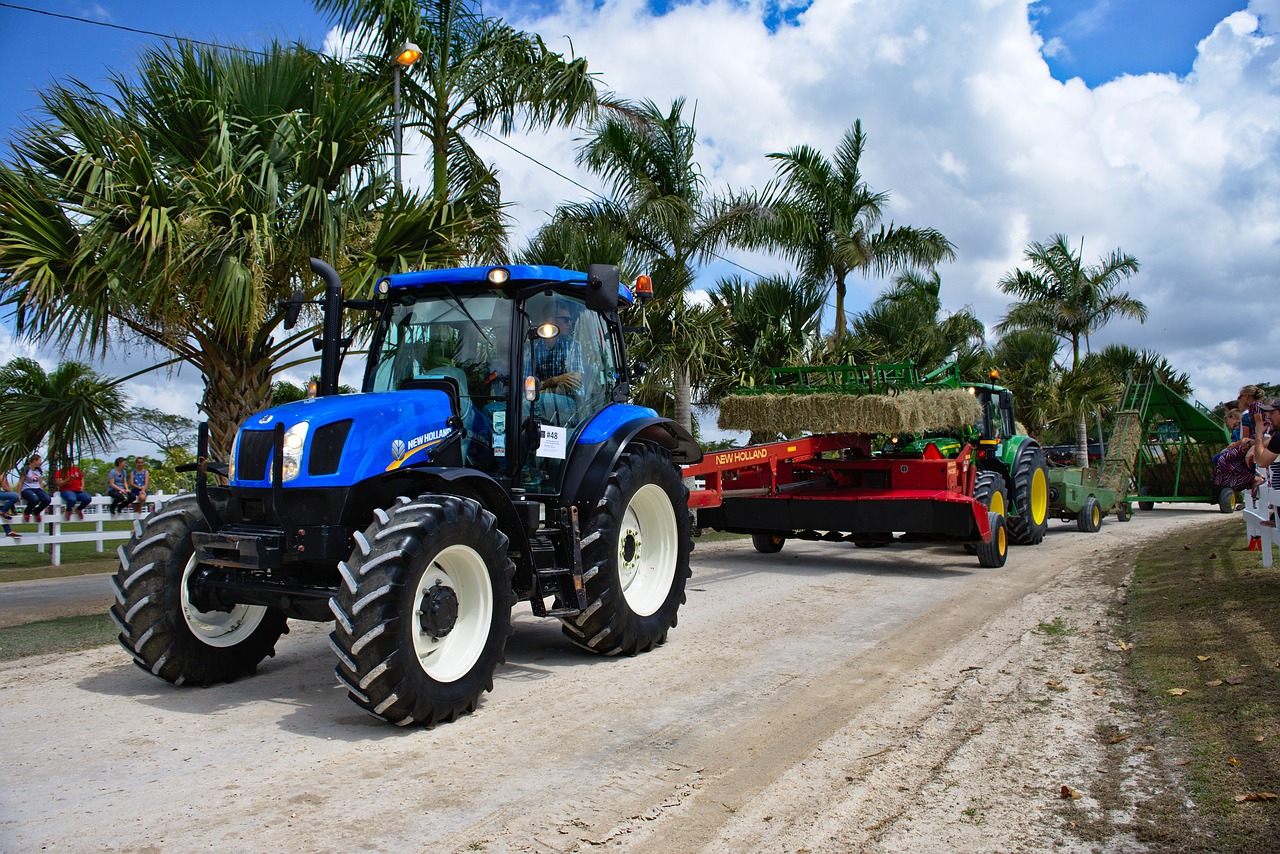
India loses agriculture produce worth several hundred crores of rupees every year to weeds. While removing weeds manually is laborious, use of chemicals to destroy them is hazardous to environment and crops.

Researchers at the Indian Institute of Technology, Roorkee, have identified a new enzyme from yak cheese which promises to help improve the nutritional value of cereals by improving the bioavailability of vital minerals.
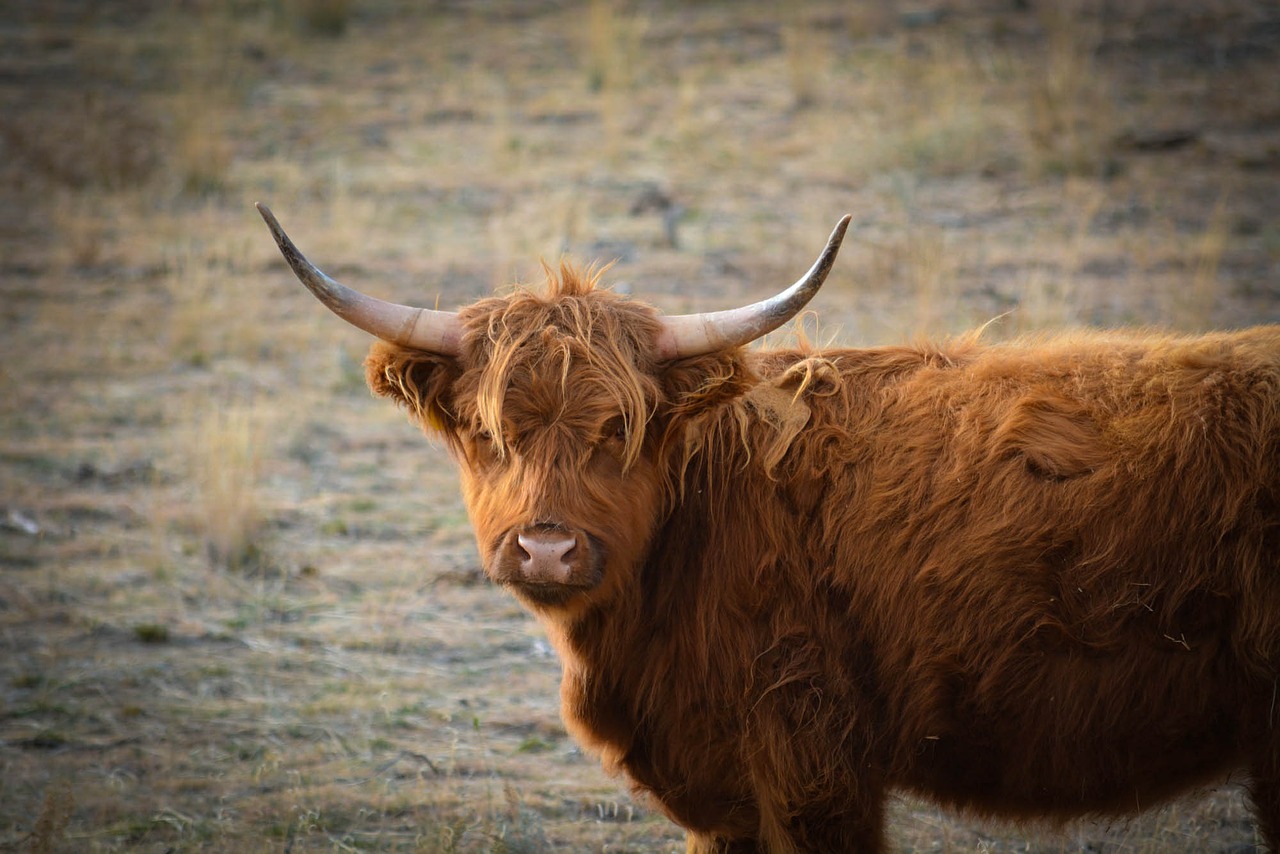
Yak – the lifeline of pastoral nomads in high altitudes of the Indian Himalayan region – is facing the threat of gradually rising temperatures in the region.

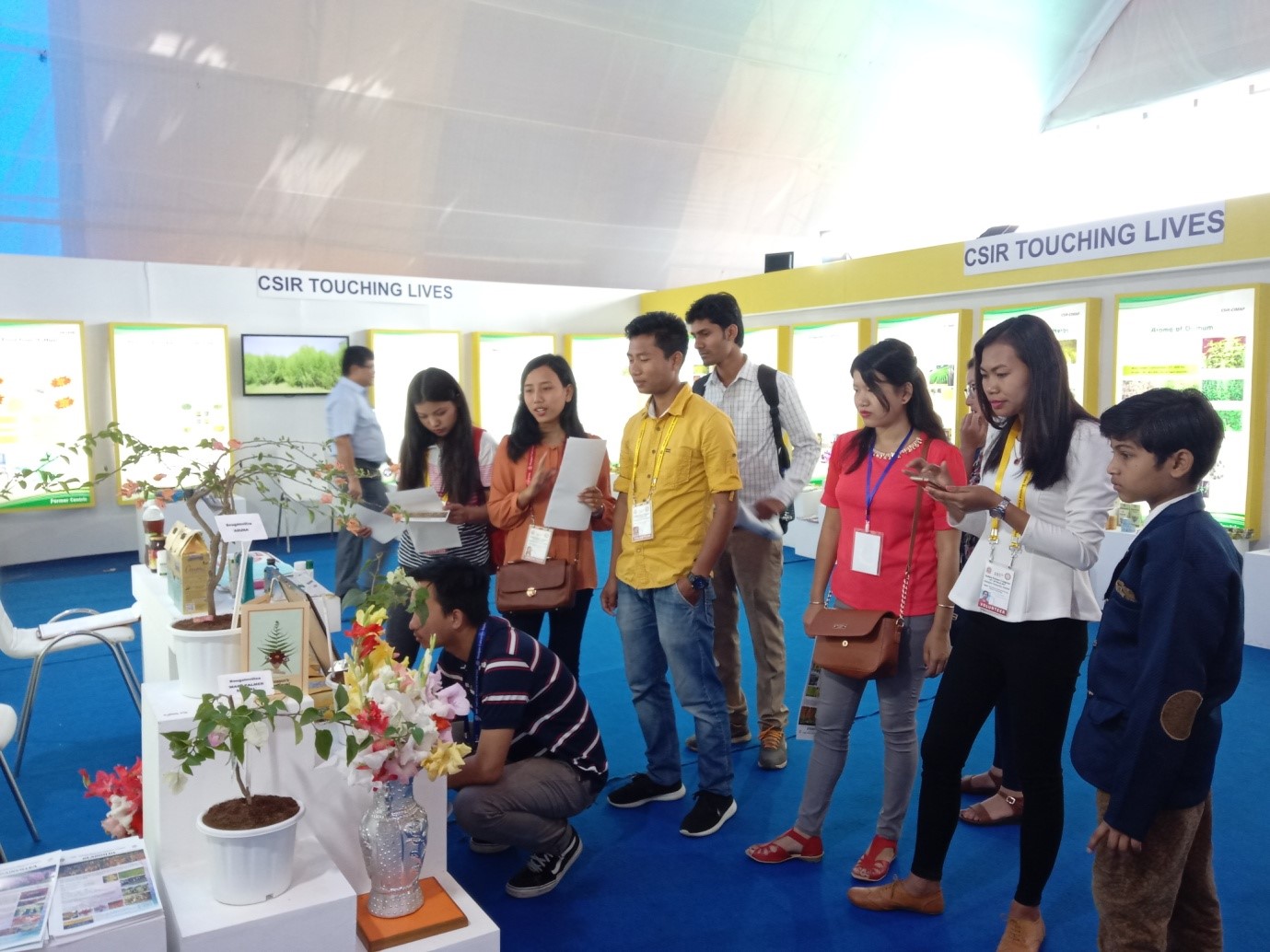
The Pride of India (PoI) Expo organized as part of the Indian Science Congress, which concluded here today, was a major center of attraction.

Tomato, a vegetable crop grown worldwide, is facing significant losses in productivity due to environmental factors like drought, floods, salinity, and heat.
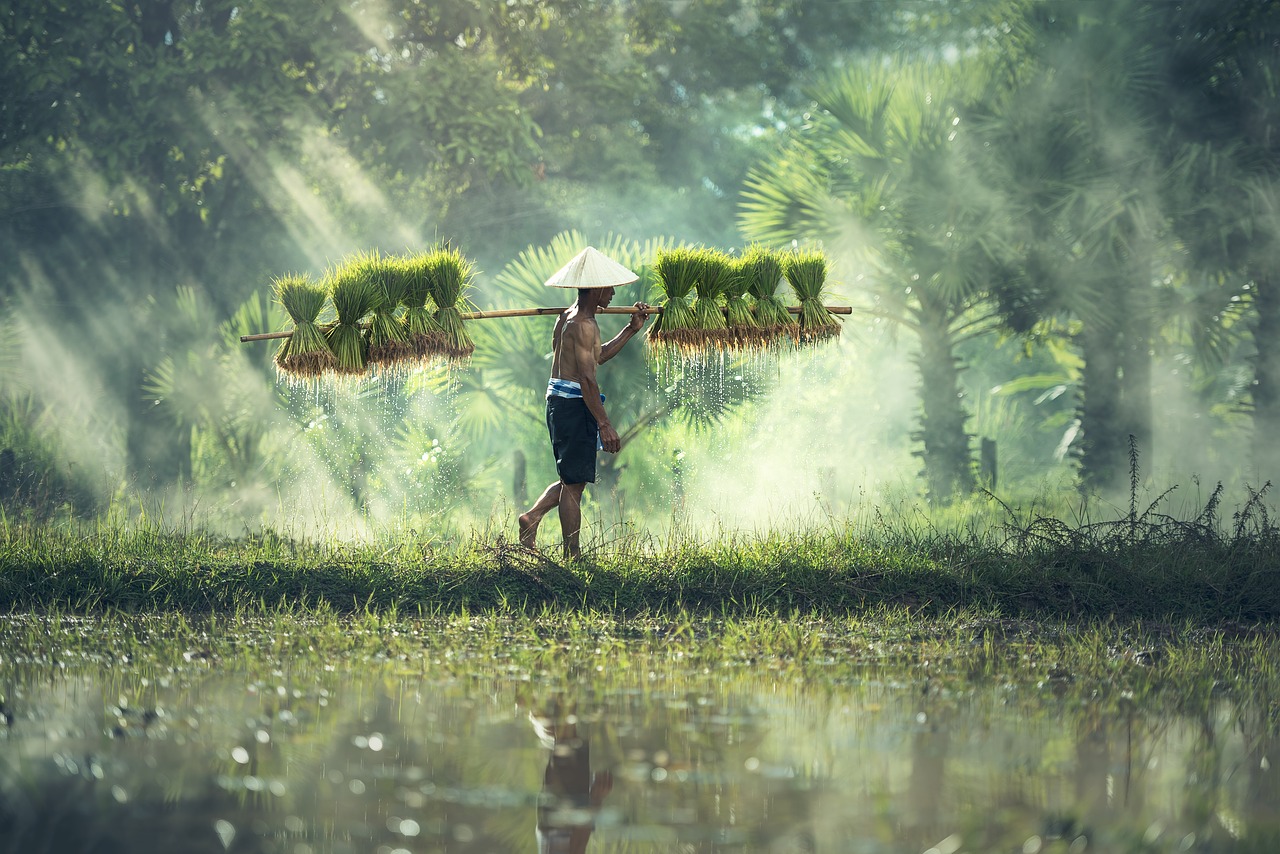
Rice is a staple food in most of the countries in South and South East Asia with India being the second largest producer of rice after China. With increasing population and demand for food, scientists are exploring new ways to enhance the productivity of rice.
Internet is huge! Help us find great content
Never miss a thing! Sign up for our newsletter to stay updated.
Research Stash is a curated collection of tools and News for S.T.E.M researchers
Have any questions or want to partner with us? Reach us at hello@researchstash.com